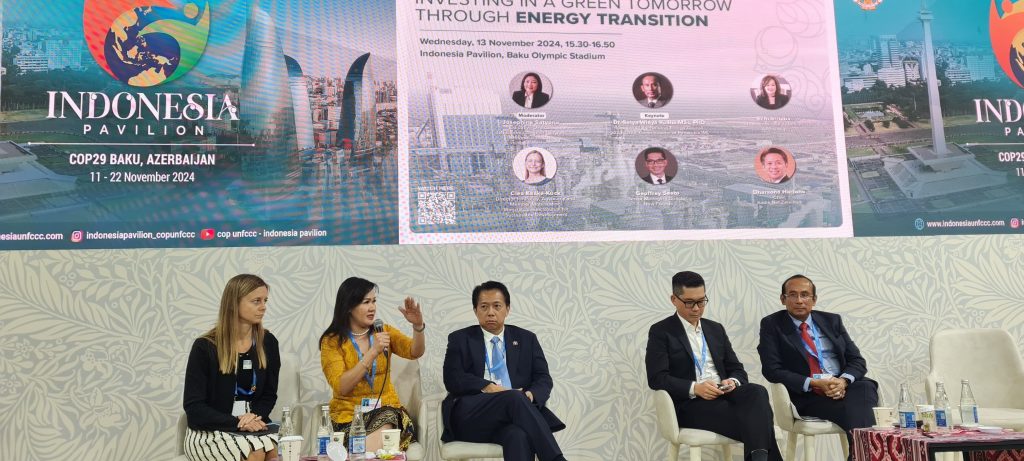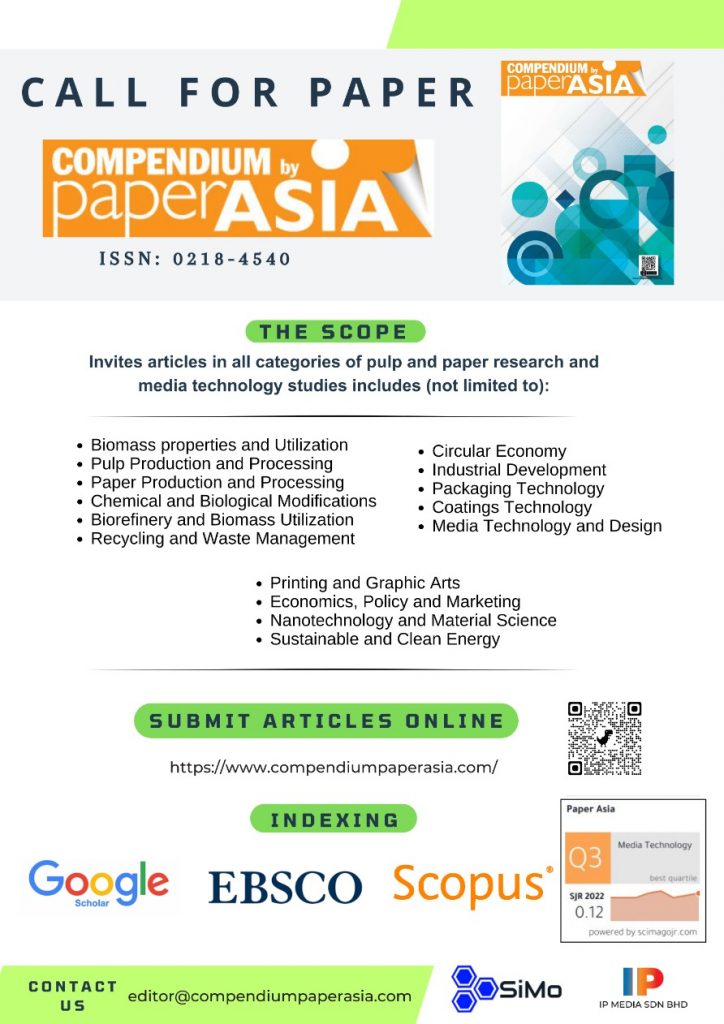APP Group at COP 29: Leading the Energy Transition Towards a Green Future
At the COP 29 Climate Change Conference in Azerbaijan, APP Group reaffirmed its commitment to contribute to Indonesia’s climate targets and global goals through decarbonisation initiatives and sustainable energy transition efforts. Through its participation, APP Group emphasised the importance of energy transition as a key step towards emission reduction, especially in the industrial sector.
APP, as part of the pulp and paper industry, plays a significant role in supporting Indonesia’s decarbonization goals. We are committed to reducing emissions throughout our supply chain and production processes, implementing responsible and sustainable forest management practices.
Elim Sritaba, Chief Sustainability Officer of APP Group
She added that sustainability is at the core of APP’s business strategy, which is embodied in the SRV2030 programme, focusing on decarbonisation, renewable energy and reducing water usage intensity. Elim spoke about this during a discussion session titled “Investing in a Green Tomorrow through Energy Transition.”
In the same forum, Dr. Satya Widya Yudha, MSc, PhD, a member of Indonesia’s National Energy Council, revealed that the Indonesian government is revising regulations to prioritise renewable energy and reduce dependence on fossil fuels. “This initiative opens significant opportunities for businesses and the nation in the transition towards decarbonisation, while also creating space for the development of new, environmentally friendly products and services,” he stated.
Additionally, Dharsono Hartono, Chairman of Kadin Net Zero Hub, discussed Kadin’s efforts to support MSMEs and capital-intensive industries in decarbonisation. “Kadin encourages companies, especially in the MSME sector, to shift towards a green economy. With the new government, we hope for equitable economic growth through improved banking literacy,” Dharsono explained.
The discussion panel also featured other speakers, including Geoffrey Seeto, Senior Managing Director at New Forests, and Clea Kaske-Kuck, Policy Director at WBCSD.

Elim Sritaba highlighted that APP’s energy transition initiatives include efficiency improvements and increased use of biomass to reduce emissions, ensuring controlled biomass supply, and sustainable forest management to support natural carbon absorption. “It’s crucial to assess risks and make thorough plans so decarbonization efforts can continue, even though investment is necessary to create a greener industry while persistently pursuing forest conservation and protection for carbon absorption,” Elim added.
As part of its decarbonisation strategy, APP has also reduced reliance on fossil fuels through biomass and solar panel use at facilities such as Indah Kiat, Tjiwi Kimia, and OKI, where 98% of energy comes from renewable sources. “We are analysing the enhancement of older combustion engines to explore emission reduction opportunities as part of increasing renewable energy contributions,” Elim continued.
APP acknowledges that the shift to green energy requires significant investment, including the implementation of low-carbon and green energy technologies. “Robust financing mechanisms are essential to ensure a fair transition, especially for communities living near our concessions,” Elim said. APP supports public-private partnerships to create inclusive access to financing.
Through its participation in COP 29, APP hopes to strengthen cross-sector collaboration to address climate change challenges sustainably. APP is committed to supporting tangible action in decarbonization, renewable energy innovation, and community-based sustainability approaches, aiming to create a greener future.



